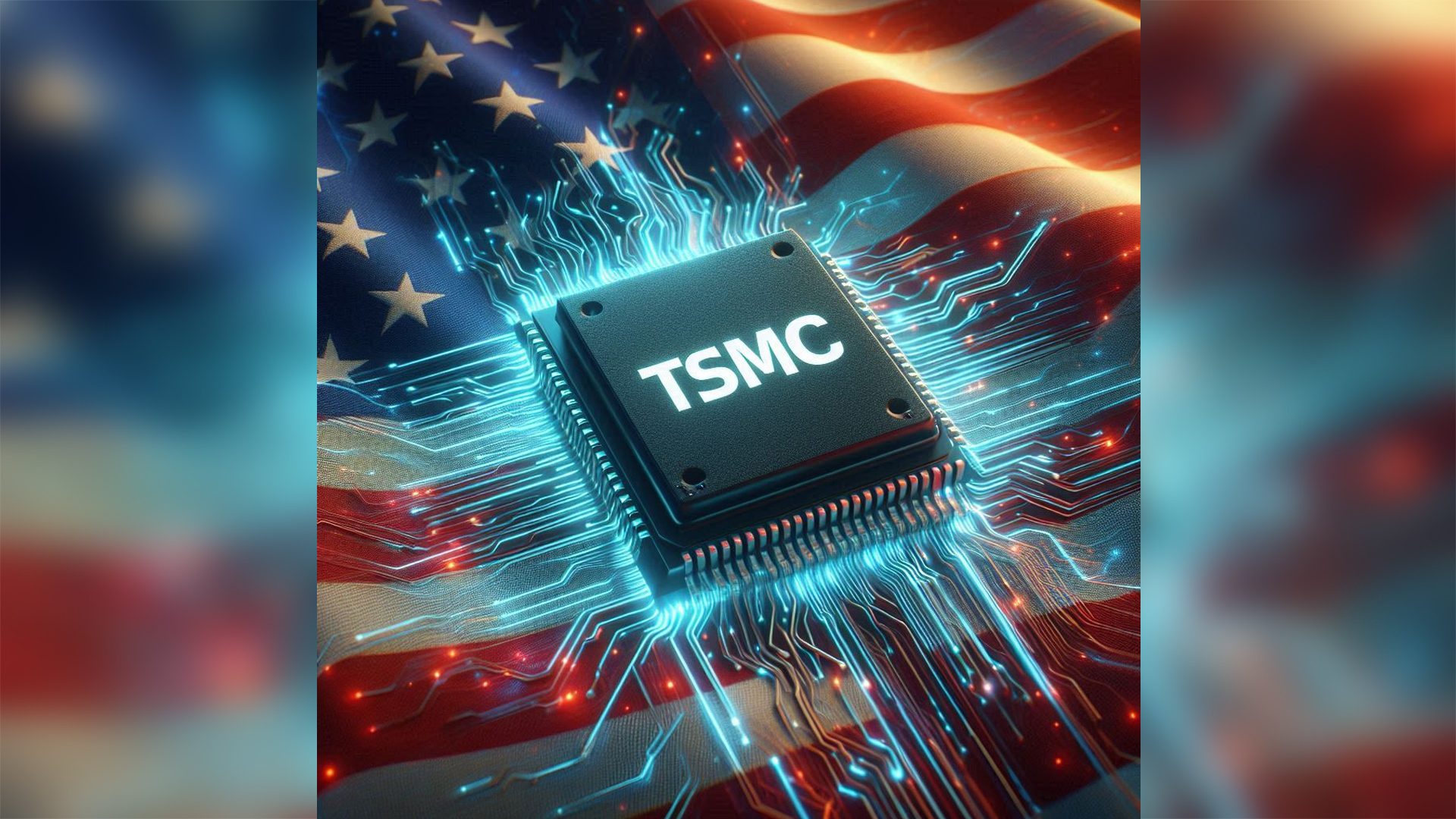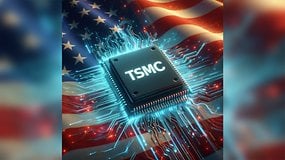
While TSMC’s Arizona chip facilities are not expected to begin production until 2025, new details have emerged about the company’s chip manufacturing roadmap. The U.S. plants could start making advanced 2 nanometer chips in 2028, which is earlier than originally thought.
TSMC could fast-track its advanced chip production in the USA
Initially, the Arizona facilities were slated to manufacture 4 nm silicon in 2024, but this timeline was pushed back to 2025. Following this, the plan was to transition to 3 nm production in 2028.
However, according to Wu Cheng-Wen of Taiwan’s National Science and Technology Council (NSTC), the timeline could shift, with 2 nm production now potentially happening in 2028.
TSMC’s plan to produce its 2nm process in the U.S. has attracted significant attention. Addressing this development, the report highlights statements from Wu Cheng-Wen, minister of Taiwan’s National Science and Technology Council, who recently noted that the timeline for TSMC to bring 2nm technology to the U.S. is likely to fall in 2028, and it could be delayed to 2029 or 2030.
Despite this, there remains a possibility that the timeline could be further adjusted, with the target date delayed to 2029 and 2030.
This timeline aligns with Taiwan’s guidelines, which stipulate that TSMC can only bring advanced chip manufacturing outside of Taiwan three years after mass production begins domestically. Given that TSMC’s 2 nm fabrication is set to start in Taiwan in 2025, the proposed U.S. timeline appears consistent with this policy.
TSMC’s Arizona facilities are part of the CHIPS Act, a U.S. government initiative introduced under the Biden administration, aimed at encouraging semiconductor companies like TSMC and Intel to invest in domestic production. However, with Donald Trump set to return to office following the 2024 election, it is speculated that companies may face increased pressure to expand their investments by adding more facilities in the U.S.
Apple might equip the iPhone 17 (Pro) with a 2 nm SoC
Apple has already committed to sourcing chips manufactured in the U.S., though initial production will focus on larger chips, likely destined for older Apple devices. As for the 2 nm chips, rumors suggest Apple may use the A19 (Pro) chipset, built on the 2 nm process, in the iPhone 17 (Pro). Additionally, the M5 MacBook and Mac are expected to benefit from this advanced node.
That said, there are contrasting reports indicating that an early switch to 2 nm could be prohibitively expensive for Apple, potentially delaying adoption until 2026 or when the Apple custom’s A20 and M6 chipsets are ready.
If TSMC’s Arizona facilities indeed commence 2 nm production in 2028, it is likely that these advanced chipsets will initially be used in older Apple devices, which will not be surprising.
What are your thoughts on the potential for TSMC’s Arizona plants to manufacture advanced silicon in the U.S.? We want to hear your answers in the comment section.







